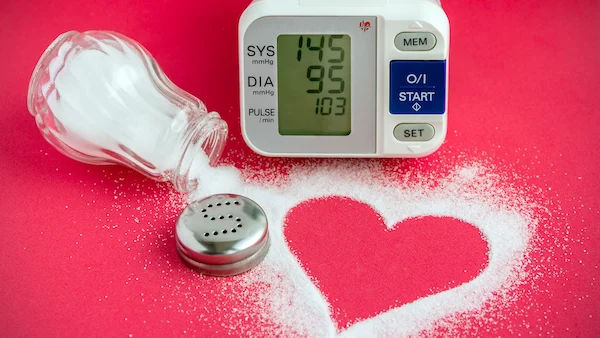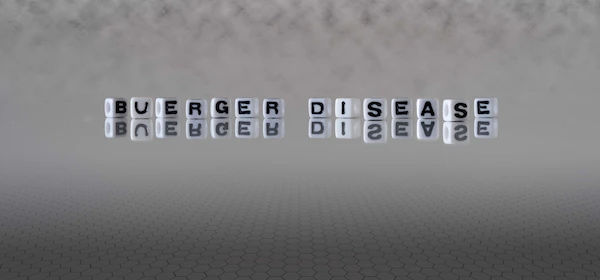- Male
- 26 Years
- 07/02/2025
I'm really worried about a heartbeat of 240 beats per minute. Is this life-threatening? Can it lead to heart failure? Is there a way to treat it, or what should I do next?
More Cardiology Health Queries
View allI'm just a bit worried about my dad. He's 73 and back in November, he was getting these palpitations which led to an angiogram. They found some mild lesions and myocardial bridging, nothing major though. Before all this, he was on a 10 mg dose of Aztor. In December, he had a left hepatectomy because of a cyst, but that's all sorted now. So, in January, the doctor switched things up and put him on Ecosprin 7520 and Prolimet 12.5, and he's been on those for about three months. The thing is, our doctor isn't available right now and my dads next checkup isn't until April. I'm just wondering if it's okay for him to keep taking this medication for another two months or should we be doing something different?
Yes, the same medications can be continued for another two months. Aztor 10 mg can be continued for his cholesterol management. Ecosprin 7520 is important for antiplatelet effects to prevent blood clots, and Prolimet 12.5 is likely prescribed for blood pressure control. It is important to continue these medications as prescribed until his next checkup in April.
Answered by 1 Apollo Doctors
I've recently found out that my cholesterol is really high, around 280, and my triglycerides are up there too. I'm kind of worried and wondering if there's a natural way to bring those numbers down. What would you suggest?
To help reduce high cholesterol and triglyceride levels naturally, you can try the following: 1. Eat a healthy diet low in saturated fats and cholesterol. Include plenty of fruits, vegetables, whole grains, and lean proteins. 2. Exercise regularly to help lower cholesterol levels and improve overall heart health. 3. Maintain a healthy weight to reduce cholesterol and triglyceride levels. 4. Limit alcohol consumption and avoid smoking. 5. Consider incorporating foods rich in omega-3 fatty acids such as fatty fish, flaxseeds, and walnuts into your diet. 6. Talk to your doctor about possibly taking supplements like fish oil or plant sterols to help lower cholesterol levels. If these lifestyle changes are not enough to lower your cholesterol and triglyceride levels, your doctor may prescribe medications such as Atorvastatin (Lipitor) or Simvastatin (Zocor) to help manage your levels.
Answered by 1 Apollo Doctors
What is the best drink for high blood pressure?
Water, berry juice and beet juice
Answered by 1 Apollo Doctors
Disclaimer: Answers on Apollo 247 are not intended to replace your doctor advice. Always seek help of a professional doctor in case of an medical emergency or ailment.




